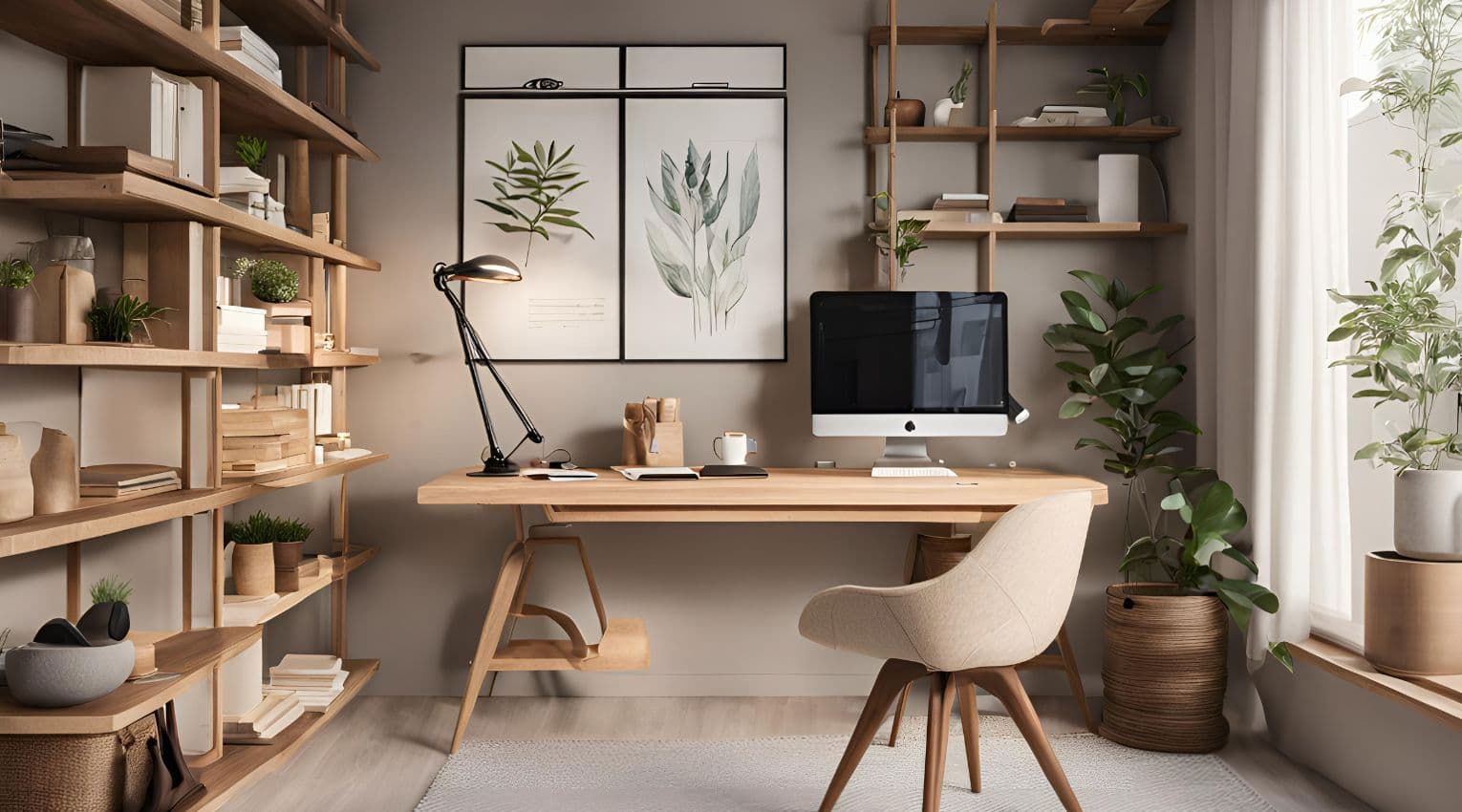How Savers and Spenders Can Create a Household Budget Together

You want to convert your basement into a rec room. Your spouse would prefer to put that money into retirement savings.
Your partner wants to hire a regular house cleaning service; you’d prefer to make cleaning a family affair.
You’d like to move to a new house, but your significant other likes your current living arrangement just fine.
If you and your spouse have disagreements over your different spending styles, you’re not alone: A 2014 Money magazine poll showed 70% of married couples argue about money the most (more than chores, togetherness, sex, snoring, and what to have for dinner). But it doesn’t have to be this way. With a commitment to shared goals and ongoing clear communication, you and your spouse can create a harmonious household budget together—and stick to it!
Track Your Spending
Before any plans are put in place, you need to get informed. Are you aware of what you’re spending each month? Take a few weeks and start tracking your spending as a couple. (Four to 12 weeks should give you a good sense of your overall habits and regular expenses.) You can use any type of budgeting method you like, from apps like Mint or You Need a Budget, customized spreadsheets, or good old paper and pencil. There’s no right way to track your spending—the goal is simply to do it.
Review Your Budget
Once you’ve got an understanding of how your money is being spent, sit down and consider your budget as a whole, taking both income and spending into account. Start categorizing your outgoing money: mortgage, groceries, utilities, car payment, student loan, credit card debt, and discretionary spending (e.g., entertainment, dining out, etc.). Together, look for areas of improvement. Which discretionary expenses can be cut back? Are there potential income sources that are currently untapped (e.g., home equity) that could offset your expenditures or be put toward a big goal? Collaborate to identify small behavioral changes that could make a major impact as well as creative solutions that can get you more money toward building the life you want.
Share Your Goals
You’ve tracked your expenses and got a handle on your spending. Now it’s time to build your budget as a couple, focusing on both long-term goals and individual needs. Be realistic with your expectations and your behaviors. Keep your partnership top of mind, listen well, and be respectful. Money—and the way you desire to spend it—is personal. Building and maintaining your home and your life together can make any couple feel vulnerable. For example, you may feel silly about wanting a gift wrap room, but if it’s a long-desired part of your dream home, discuss it with your partner and see if it could make sense as a shared goal. Conversely, hear your spouse out when they say spending money to hire landscapers could free up your weekends to pursue things you enjoy rather than spending those days doing yard work. Listen to each other, crunch the numbers, and discuss your desires in the context of your budget. Then, you can prioritize and plan!
Keep Checking In
Remember, too, that the money talk isn’t a one-and-done affair. Committing to open communication about money and budgeting on an ongoing basis will help you and your partner build a sustainable, goal-oriented approach that adapts to your changing needs. (Sure, you may love your backyard patio now, but in a few years, as your kids get older, it could be a great spot for a swimming pool.) Determine both short- and long-term goals for your home and budget and have regular conversations to ensure you’re both on track.
The more you know about your home equity, the better decisions you can make about what to do with it. Do you know how much equity you have in your home? The Home Equity Dashboard makes it easy to find out.
You should know
We do our best to make sure that the information in this post is as accurate as possible as of the date it is published, but things change quickly sometimes. Hometap does not endorse or monitor any linked websites. Individual situations differ, so consult your own finance, tax or legal professional to determine what makes sense for you.



